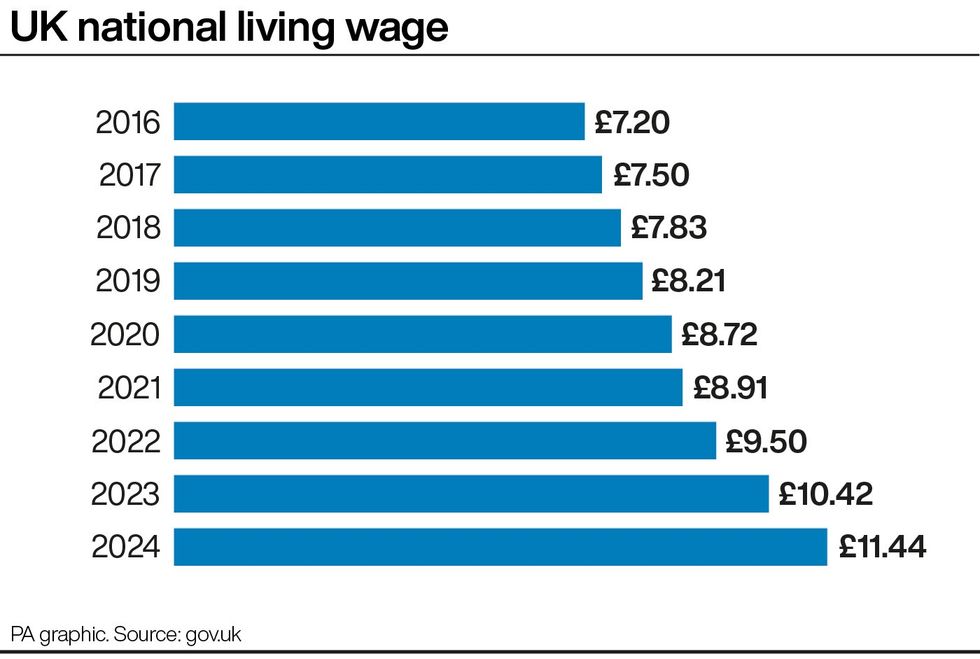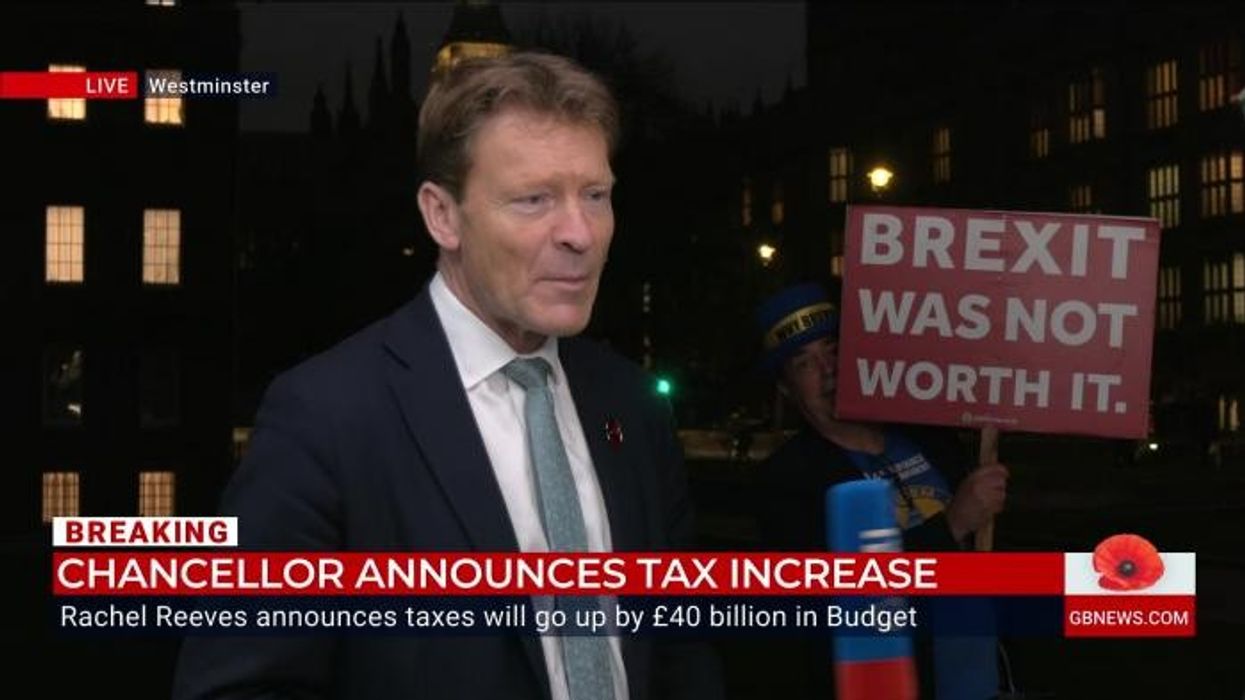UK firms cut jobs at fastest pace in four years as wage growth stalls

Bank of England survey data shows employment falling and wages lagging behind inflation, as rising costs and global trade tensions pile pressure on businesses
Don't Miss
Most Read
British companies have slashed their workforce at the most rapid rate in nearly four years, fresh data from the Bank of England reveals.
The central bank's Decision Maker Panel survey, which polls chief financial officers from 2,000 firms, found employment contracted by 0.5% in the three months to August compared with the previous year.
This marks the steepest decline since autumn 2021, as businesses struggle with rising costs from spring budget measures.
The government's increases to national insurance contributions and minimum wage requirements have weighed heavily on employers.
Additionally, the intensification of Donald Trump's global trade conflict from early April has further dampened confidence, particularly amongst firms exporting to America.
The outlook remains bleak, with firms planning to reduce their workforce by another 0.5% over the next twelve months.
This represents the most pessimistic employment forecast since October 2020, when the nation grappled with pandemic restrictions.
Wage prospects offer little comfort to workers.
Companies anticipate salary increases of just 3.6 per cent in the coming year, a sharp reduction from the 4.6 per cent growth recorded over the past 12 months.
Do you have a money story you’d like to share? Get in touch by emailing money@gbnews.uk.
 Reeves' pledge to raise public sector wages could 'increase' wages | GETTY/PA
Reeves' pledge to raise public sector wages could 'increase' wages | GETTY/PA With inflation running at 3.8 per cent, this would leave private sector employees facing a real-terms pay cut, eroding both household purchasing power and consumer spending capacity.
Businesses themselves expect to increase prices by 3.8 per cent over the next year, to match inflation.
This suggests firms are attempting to pass rising costs onto consumers whilst simultaneously constraining wage growth.
The Bank of England has increasingly relied upon this survey data as official employment statistics from the Office for National Statistics suffer from poor response rates.
 The National Living Wage rates are set by the Government | PA
The National Living Wage rates are set by the Government | PAGovernor Andrew Bailey informed MPs on Wednesday that persistent inflationary pressures have made him more cautious about the trajectory of future rate reductions.
Consumer price inflation is forecast to reach four per cent next month, double the Bank's two per cent target.
Higher borrowing costs compound difficulties for businesses, making investment finance less attractive and adding to operational expenses.
Rob Wood, chief UK economist at Pantheon Macroeconomics, said: "The DMP survey shows stubborn wage and price pressures despite falling employment, continuing to suggest that structural economic changes and supply weakness are keeping inflation high."

Job opportunities are scarce across the board
| GETTY IMAGESHe added that whilst the monetary policy committee must proceed cautiously, "increasing signs of labour market weakness suggest dovish risks."
Rachel Reeves faces mounting pressure ahead of November's budget, with speculation growing about potential tax increases.
The Treasury confronts a fiscal shortfall estimated between £20billion and £40billion, making revenue-raising measures appear unavoidable given the government's borrowing constraints.
Recent bond market turbulence across Western economies has made additional borrowing increasingly costly.
LATEST DEVELOPMENTS:
Wealth taxes and council tax reforms feature prominently in budget speculation, though the Chancellor has pledged to protect working families from direct taxation.
Business leaders fear further burdens could stifle growth.
Sky News reported that banking sector representatives have cautioned against additional levies on financial institutions, warning such measures would undermine economic expansion efforts.
The employment data suggests firms have already responded to April's budget measures by reducing headcount, raising concerns about the cumulative impact of further fiscal tightening.
More From GB News











